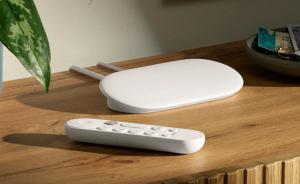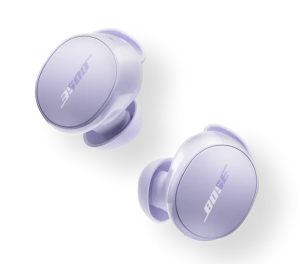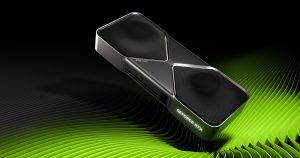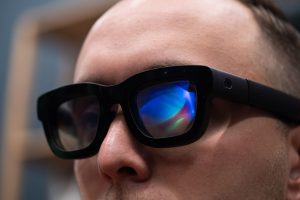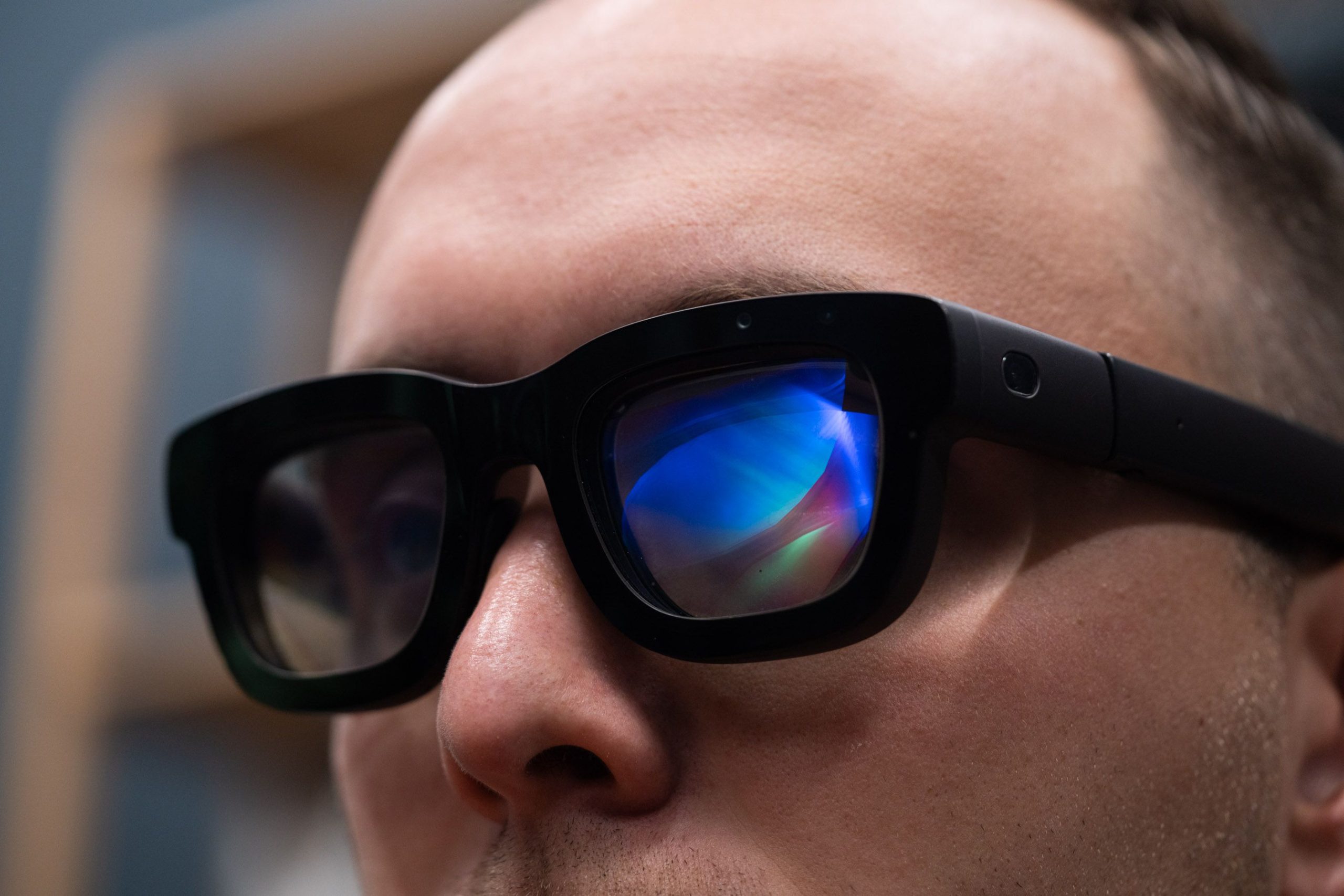
Meta has announced their take on the future of augmented reality. Orion AR glasses are their step toward achieving seamless mixed reality experiences, combining augmented reality (AR) and enhanced interaction through a lightweight, wearable format. Unlike VR headsets like the Quest 3, which are designed primarily for indoor, controlled environments, the Orion glasses aim to be wearable in everyday situations, promising mobility without needing to carry additional devices. These AR glasses feature a 70-degree field of view (FoV)—a substantial upgrade compared to many current AR options—and utilize Meta’s new electromyography (EMG) wristband to detect fine muscle movements in the wrist. This setup supports intuitive gesture controls, allowing users to scroll, select, or even make video calls with a simple pinch or hand gesture
Meta has touted the Orion glasses as a “feat of miniaturization,” claiming it has achieved a highly compact design without sacrificing processing power. However, challenges remain, such as reducing the device’s weight (currently around 98 grams) and improving the image resolution, which some users have noted has a slight “rainbow shimmer” due to holographic display layering. Nonetheless, the hardware is designed to eventually integrate cloud-based AI features, offering real-time interactions and visual information at a glance, such as object recognition and language translation
The Orion glasses still face development hurdles, but Meta’s advances in lightweight mixed reality hardware bring a promising glimpse into the future of AR, positioning Orion as a frontrunner in the race toward functional, consumer-grade augmented reality.

